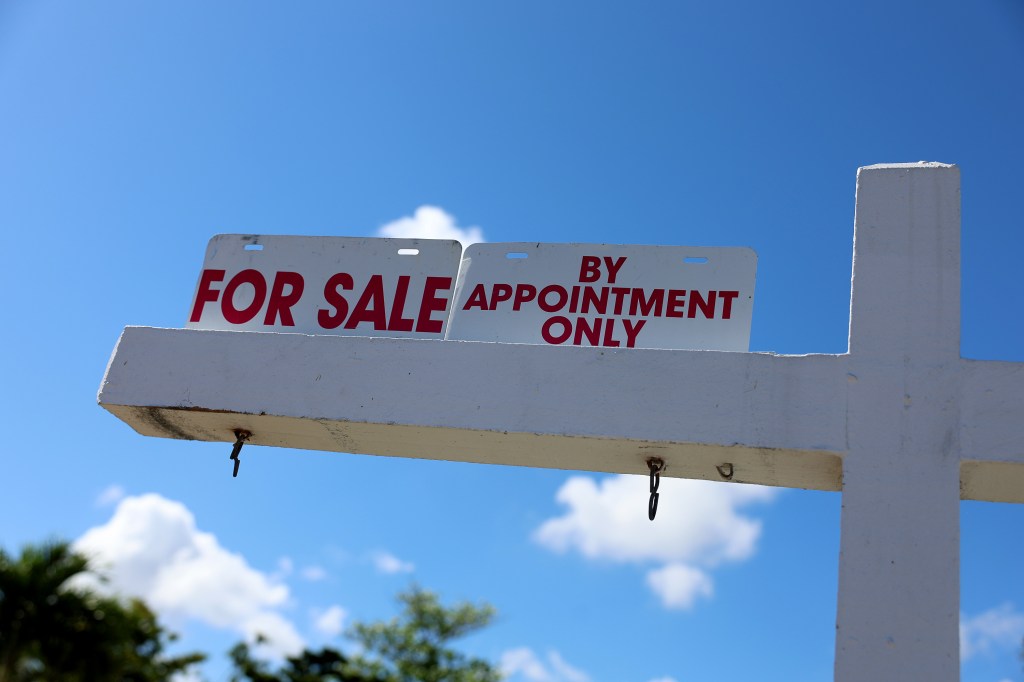The US Department of the Treasury’s Office of Foreign Asset Control (OFAC) announced a $4.67m civil monetary penalty against an individual for violations of OFAC’s sanctions against Russia and for related reporting obligations.
OFAC says that between April 2023 and March 2024, this person “willfully dealt in residential real property owned by a blocked individual, including by mortgaging, renovating, and selling the property to an unwitting third party.”
OFAC’s penalty amount reflects its finding that the violations were “egregious and were not self-disclosed.”
The case is interesting for the brazenness of the misdeeds. The individual charged apparently attested to compliance with regulations in question here, talked to OFAC directly, and was told by agents the property was blocked, and then allegedly ignored everything they said.
SDN List
Specifically, the individual, through real estate investment company King Holdings LLC, maintained real estate deals in the residential real property of a sanctioned person. In March 2022, OFAC had added to its Specially Designated Nationals and Blocked Persons List (SDN List) a number of Russian elites who supported the Russian Federation in its war with Ukraine.
“The cohort of blocked persons included a Russian oligarch’s family member designated pursuant to Executive Order 14024, ‘Blocking Property with Respect to Specified Harmful Foreign Activities of the Government of the Russian Federation,’” the order reads.
This meant all sales, transfers, or foreclosures were blocked by the designation, and OFAC issued a notice to the Georgia county’s officials informing them of the blocked property’s status, and the county made this information public.
Blocked
The blocked property at issue in this case went into foreclosure around October 2022 when King Holdings purchased it at a public auction in January 2023. “Despite the purported transfer of ownership, however, the property remained blocked pursuant to OFAC’s regulations, which generally render null and void any unlicensed transfer of blocked property,” OFAC noted. This individual “planned, through King Holdings, to renovate and sell the property, which they apparently did not realize was blocked at the time of purchase.”
OFAC told the individual that the property had been blocked “and could not be dealt in without authorization from OFAC.” OFAC said it also detailed how the individual could apply to receive a license from OFAC.
OFAC said neither the individual nor King Holdings applied for a license nor sought authorization from OFAC. “Instead, [the individual] willfully continued their plan to renovate and sell the property despite knowing it was blocked.” And OFAC says 10 days after it had contacted the individual, that person signed (on behalf of King Holding) a $872,338 mortgage against the property to pay for the renovation.
By doing this, OFAC said, the individual “attested in a declaration as part of the mortgage materials that all payments related to the loan were compliant with OFAC’s regulations.” And then the individual under the agreement’s warrant of “good and marketable title” conveyed the property to a buyer.
In February 2024 OFAC sent a cease and desist order and an administrative subpoena to King Holdings and restated the sanctions prohibitions being violated. The individual “certified under penalty of perjury the accuracy and completeness of the subpoena response, which described renovation work but did not mention the listing or the pending sale of the blocked property.” Several days after that, the business “certified in writing through counsel its compliance with the terms of the cease-and-desist order.”
The individual generated “at most $478,000” for King Holdings with the sale, OFAC said.
Rule violations
This alleged conduct counted as two violations of prohibitions in § 587.201(a) of the Russian Harmful Foreign Activities Sanctions Regulations and one violation of § 501.602(a) of the Reporting, Procedures and Penalties Regulation, OFAC said.
Aggravating factors
OFAC said the following were aggravating factors and forged the basis of its imposition of the statutory maximum penalty of $4.67m.
- The individual acted willfully by dealing in the blocked property for almost one year after receiving notice of their prohibitory behavior from OFAC and their “dealings in the property for nearly a year constituted a pattern of violative conduct.”
- The individual “was aware at all times of their conduct involving the property, including through King Holdings.”
- “By continuing to deal in the property despite receiving notice of its blocked status,” this individual ended up exposing “multiple third parties” (such as the property buyer, broker, and closing attorney) to potential economic harm and liability.
- And the individual “failed to cooperate with OFAC’s investigation by certifying an inaccurate and incomplete subpoena response by King Holdings.”
Compliance advice to financial institutions, lawyers, brokers
At the end of its order in this case, OFAC provides some substantive risk-based due diligence advice to those engaging in real estate transactions that should be closely examined.
Its advice includes the following:
- Blocked property interests can be indirect, and the blocked party’s name won’t always appear on relevant deeds or transactional documents. (At the time of the foreclosure that occurred in this case, OFAC reminds us, the “blocked person’s name appeared directly on the property title, and after the foreclosure, researching the previous property owners’ names would have identified the SDN.”
- All parties in real estate transactions must “exercise appropriate caution and conduct risk-based due diligence to avoid dealing in blocked property.”
- Compliance controls such as screening parties against the SDN List can act as a critical component of these compliance efforts.
- The responsibilities for blocking and reporting property in the real estate sector (and risk of legal liability) is a shared one among many parties, including those that interact with customers and other third parties, such as lenders, agents, and brokers.
- Failure to block and report the blocked property once known “can result in a penalty even where no further sanctions violation has occurred.”
- Comply with administrative subpoenas and orders issued by OFAC, the agency states as its final bit of advice. Better to do so than face a monetary fine of 10 times what the person profited from their actions and inactions in this case, not including lawyer fees and other costs.













